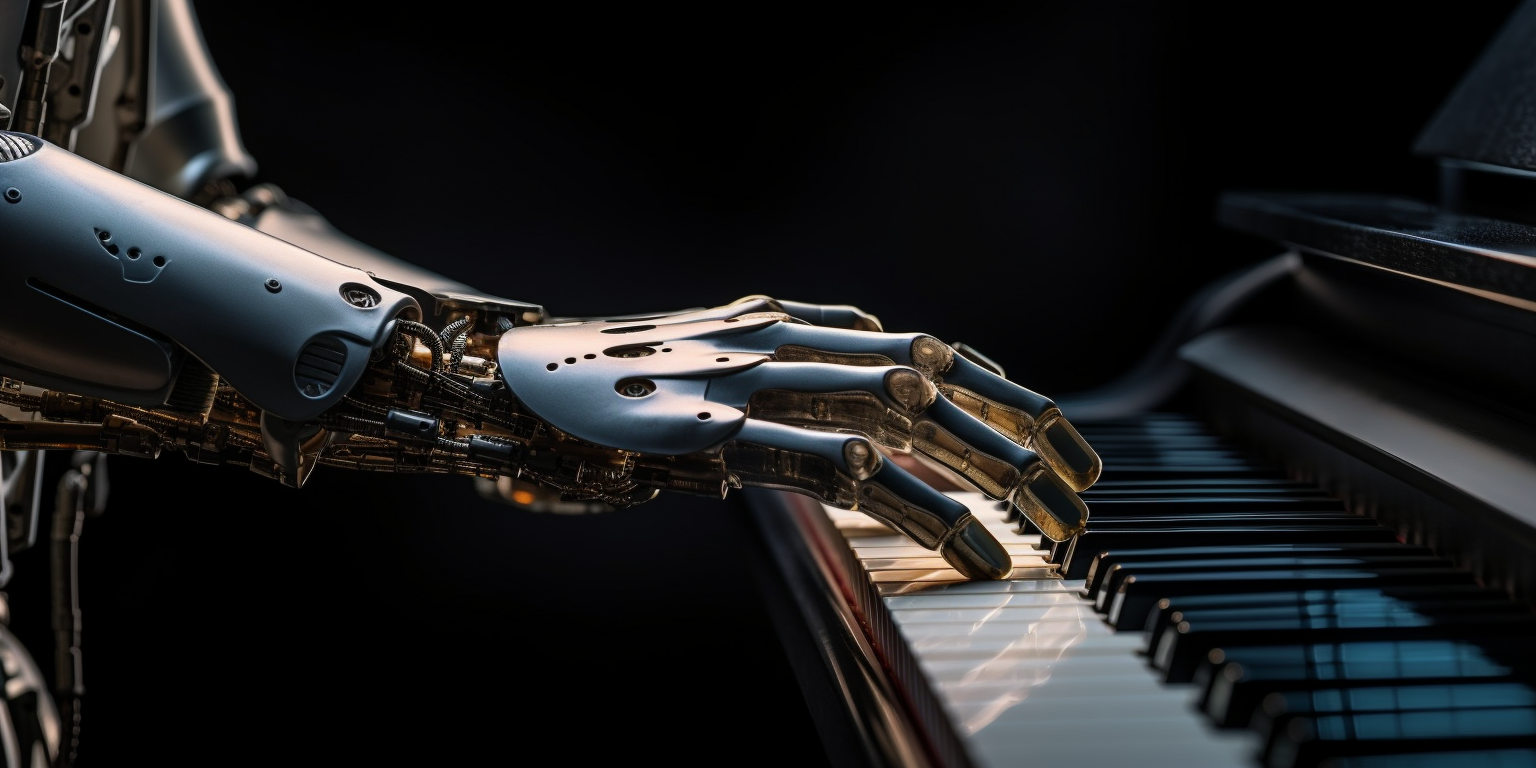The landscape of music creation is undergoing a transformative shift with the advent of sophisticated artificial intelligence (AI) algorithms. Far from the dystopian visions of creativity’s demise, we’re witnessing an era where AI not only augments human creativity but also democratizes music production, blurring the lines between professional musicians and amateurs. The essence of this transformation lies not in the displacement of human creativity but in its amplification and diversification, as pointed out by an article on The Economist.

At the forefront of this revolution are groundbreaking tools like Meta’s AudioCraft and Stability AI’s Stable Audio, which have redefined what’s possible in music generation. These platforms have opened up new horizons for composing music, making it more accessible and offering an infinite well of inspiration for both seasoned artists and novices. The introduction of AI into music production is not about creating a factory line of soulless tunes but about enhancing the creative process, offering tools that can translate complex human emotions into sound, even if, as critics argue, “no one broke its heart.”
However, the journey of integrating AI into music raises profound questions. Central among them is how we balance the preservation of artistic integrity with the efficiency and novelty that automation brings. The answer lies in the nuanced use of AI tools like LifeScore, which enable artists to remix and adapt their creations without sacrificing the original’s emotional core. This approach suggests that the future of music lies not in the mass production of generic tracks but in empowering artists with the ability to explore new creative dimensions while maintaining their unique musical fingerprint.
The skepticism surrounding AI’s role in music, underscored by concerns of a world awash with “generic and emotionally barren tunes,” misses the broader picture. AI in music is less about replacing human creativity and more about complementing it, offering tools that handle the technical heavy lifting and unlock new avenues for artistic expression. Whether it’s by enabling “bedroom producers” to perfect their creations or by assisting seasoned artists in exploring uncharted musical territories, AI is becoming an indispensable ally in the creative process.
The integration of AI in music creation parallels its application in another creative field: programming, through tools like GitHub Copilot. Just as AI in music provides artists with a vast palette of sounds and styles, enabling them to explore new creative realms, GitHub Copilot offers developers a similar augmentation by suggesting code snippets and entire functions, thereby streamlining the coding process. Both domains exemplify how AI can act as a creative partner, offering suggestions and automations that enhance the creator’s original intent rather than supplanting it. In programming, as in music, the essence of creativity remains distinctly human, with AI serving as a tool to push boundaries, improve efficiency, and catalyze innovation. This synergy underscores a broader trend: across diverse fields of human endeavor, AI is increasingly becoming a collaborator that amplifies our capabilities, enabling us to achieve new heights of creativity and productivity.
The challenge and opportunity of AI in music creation hinge on our ability to harness its potential responsibly. As we navigate this new era, the goal should not be to use AI to churn out music en masse but to use it as a catalyst for innovation, personalization, and, most importantly, the enrichment of human creativity. The harmonious blend of AI and artistry in music’s new era is a testament to the enduring power of human creativity, amplified and expanded by the possibilities of technology.

